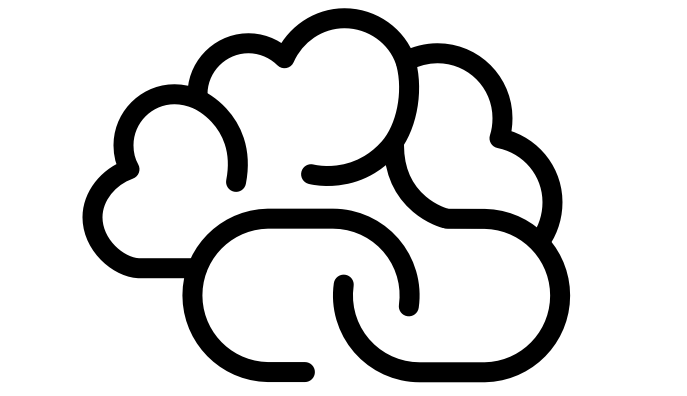Most of the population are disengaged with either chronic disease or keeping themselves well.
Getting them to manage health in the same way as they manage, say basic hygiene or accommodation should be easier.
These resources include information, peer group support, contact with others, and self awareness.
How do we use decentralised tools, communities and abundance to make accessing health as easy as money or lolcats?
It’s not just about creating a bunch of apps.

I am very interested in this approach. I worked on a plan in 2013 to create a community of knowledge to allow people to develop a self-awareness of body, breathing, posture, hydration as a means of both prehabilitation (dealing with the chronic daily challenges of physical and mental health) and rehabilitation after serious operation or illness. Based on the problems I had some years before in dealing with. Would be interested in re-engaging on this enormously important topic.
Here are two distinct concepts: ‘wellness’ and ‘healthcare’.
Healthcare is a story about people with problems, seeking help from people they trust, to analyse and offer a solution to the problem. The most important outcome of healthcare is not any particular solution. For the ‘patient’/’user’/’customer’ the value is reassurance.
Wellness arises from healthy behaviours. Health behaviours emerge from something like this:
Individuals:
Information + trust –> confidence
Confidence + motivation + activation –> action
Stimulus + action + outcome x repetition –> habitual behaviour
Communities:
Community empowerment emerges at the intersection of eight distinct domains.
There are various psychological/behavioural approaches to building the above value chains for improved outcomes.
Full disclosure: I’m a doctor. I also have a degree in behavioural neuroscience and anthropology.